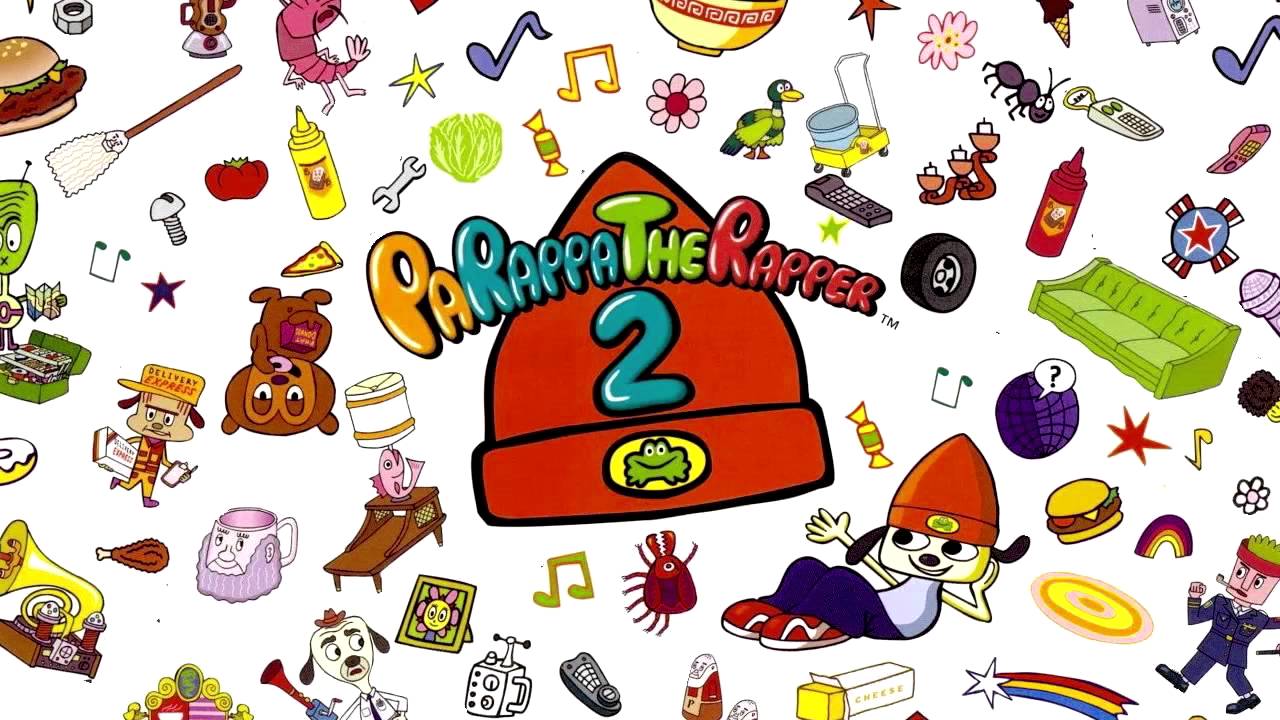


The songs fall into similar styles first heard on Parappa's first outing. With this sequel, Masaya Matsuuru and his small team created a funny story, added in some extra characters to meet up with their old gang, and created all new songs to rap to. I liked the first Parappa the Rapper better than Um Jammer Lammy because I liked the music better. See, Parappa the Rapper, or any music game for that matter, is about music. But if you want anything more than a mere five-plus hour experience that betters Um Jammer Lammy and takes the genre inches forward from the first game, then you shouldn't. If you like music games, be they short, silly, or kiddy, and you love Parappa, then yes, you should. Now we have Parappa the Rapper 2, a clear and simple sequel, with few frills, and by no means a step forward for the music genre. Perhaps that's SCEA's doing, because after all Vib Ribbon was certainly innovative, and SCEA refused to publish in the US. The game concept hasn't changed, leaning neither toward an evolutionary or even a moderate change in the way gamers play music games. Yes, it's a fun game, and Parappa and his gang are certainly cool, but the novelty has slipped. Despite the game's simplistic gameplay mechanic, the music and the characters made Parappa undeniably charismatic.Īfter the relative commercial failure, and moderate critical reception, of Um Jammer Lammy, the not-quite sequel, the idea of creating another Parappa the Rapper seemed questionable. People in the Imagine office (where I was working at the time) were playing the game over and over, singing Parappa songs, saying stuff like "I gotta believe!" and generally having a sweet little romance with the oddity that was Parappa the Rapper.

When Masaya Matsuura and Rodney Greenblatt were given the go-ahead with their first effort on PlayStation, Parappa the Rapper, the flimsy, 2D characters and happy-go-lucky rap music touched a warm fuzzy spot in just about everybody.


 0 kommentar(er)
0 kommentar(er)
